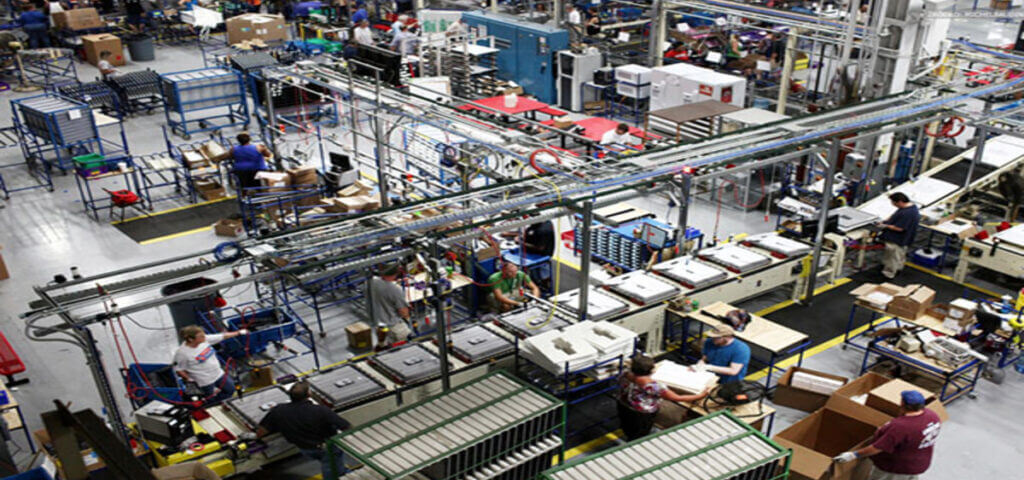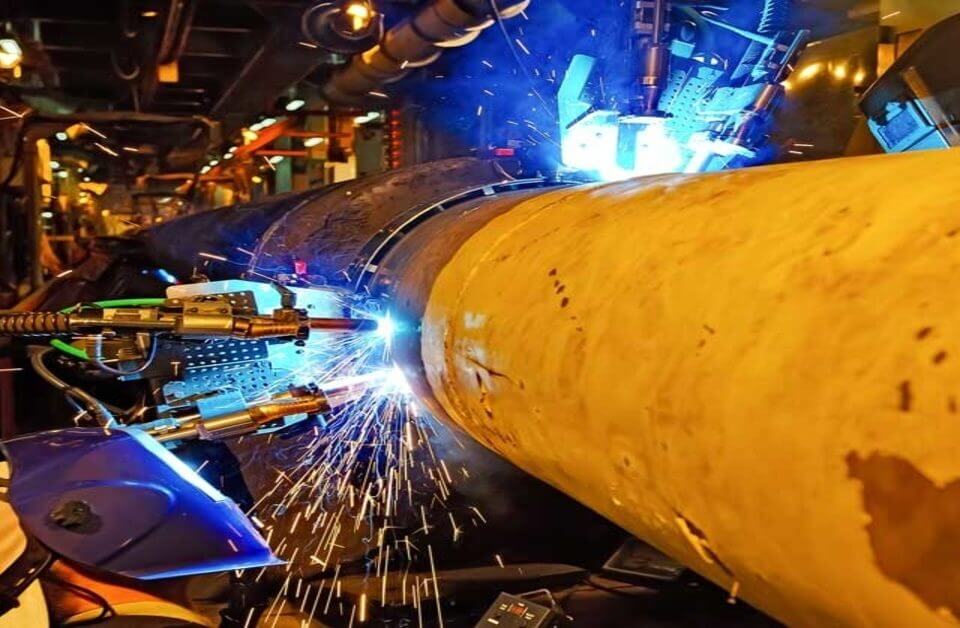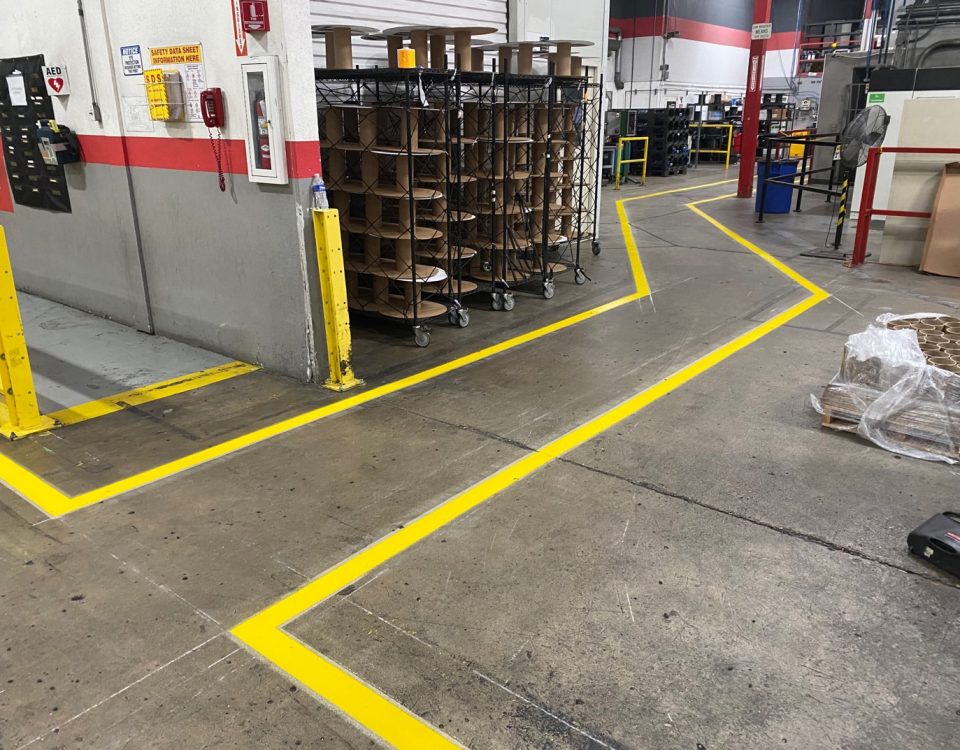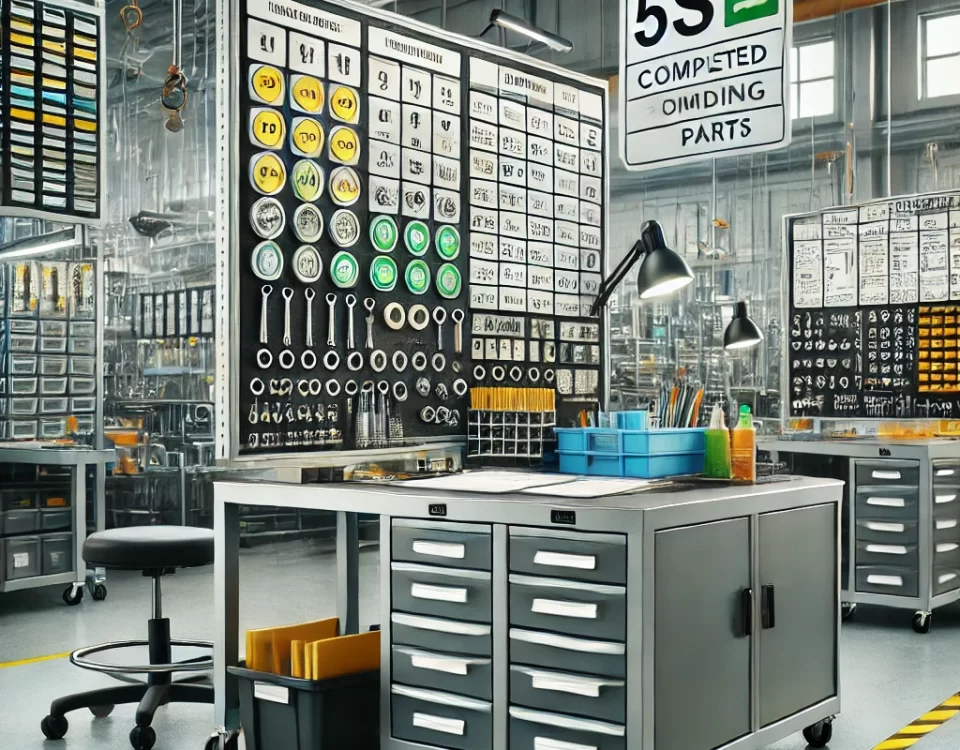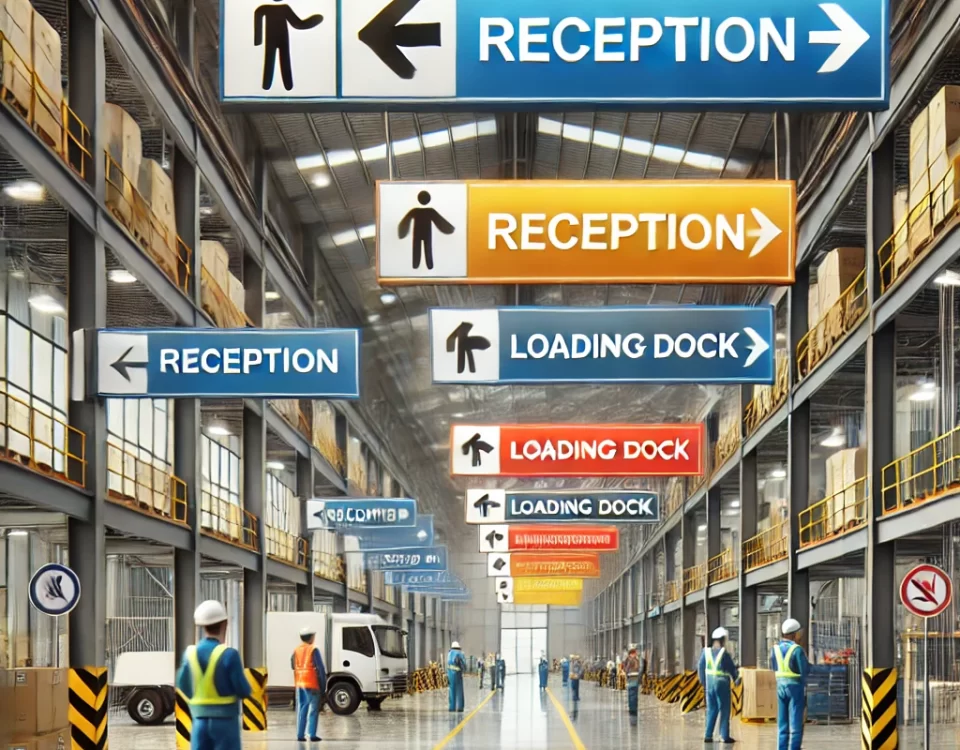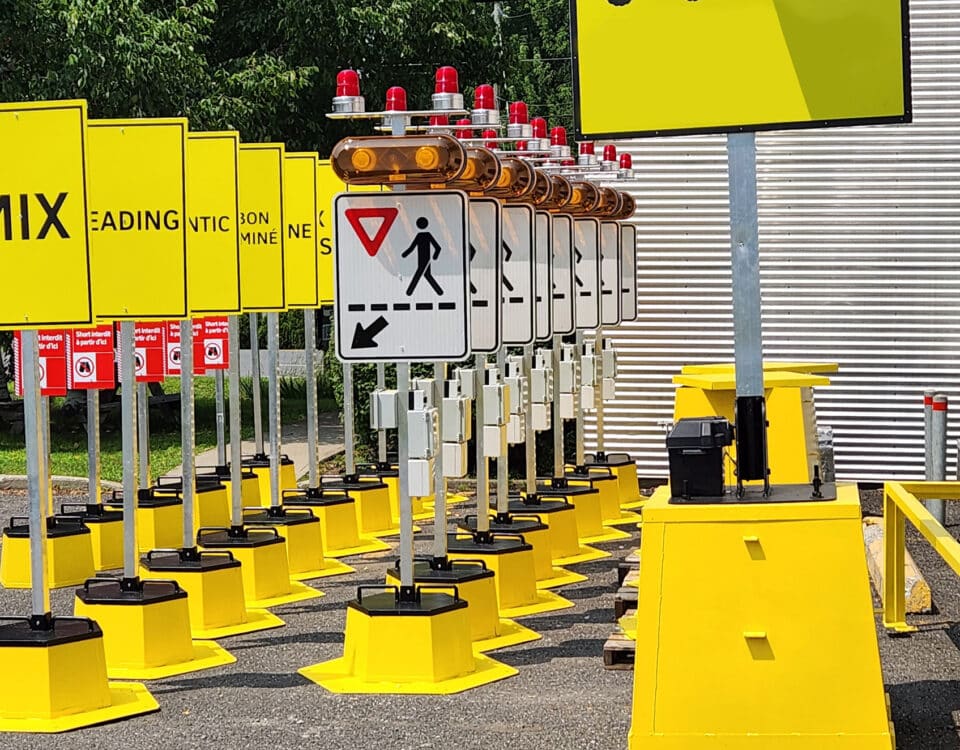
Thriving in a Dynamic Market: The Power of Flexible Capacity
July 15, 2022
CSA Z432-16: Pioneering the Future of Machine Safety Standards
July 15, 2022In an era defined by rapid innovation and global competition, manufacturing companies face a dual challenge: staying competitive while building resilience. From intricate supply chain dynamics to unforeseen production line disruptions, the ability to adapt to changing circumstances has become essential. With increasing resource constraints and the rise of transformative technologies such as the Internet of Things (IoT) and smart devices, resilience is no longer just a goal—it’s the foundation of sustained success.
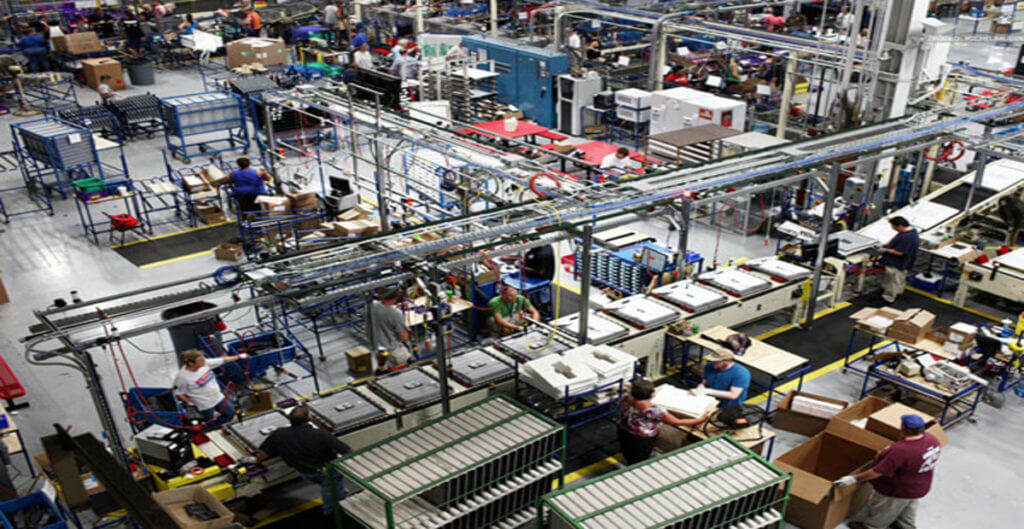
Structural Foundations for Resilient Manufacturing: Elementary Performance Units
At the heart of resilient manufacturing lie Elementary Performance Units (EPUs)—the building blocks of a robust organizational framework. EPUs interconnect critical business functions, creating an integrated system that enhances agility, efficiency, and customer-centric operations. By employing these structural components, manufacturers can build a framework capable of navigating uncertainties and maintaining productivity in volatile conditions.
Adapting to Modern Manufacturing Challenges
The transition from vertically integrated models to globalized supply chains and just-in-time inventory practices has transformed the manufacturing landscape. While these changes improve efficiency, they also increase susceptibility to disruptions. Addressing these risks requires proactive strategies, including:
-
Diversifying Supplier Networks
Cultivating relationships with multiple vendors minimizes reliance on a single source and safeguards against supply chain interruptions. -
Creating Contingency Plans
Preparing alternative logistical routes and maintaining flexible transportation options reduces the impact of unforeseen events. -
Proactive Equipment Management
Specialized machinery can be expensive and time-consuming to replace. Keeping spare parts on hand and implementing predictive maintenance ensures equipment availability when it matters most.
Embracing Flexibility for Long-Term Success
Flexibility is vital to navigating volatility in today’s manufacturing environment. EPUs provide the foundation for adaptable systems, while data-driven decision-making facilitates real-time responses to market demands. These capabilities enable manufacturers to pivot effectively, maintain continuity during disruptions, and capitalize on emerging opportunities.
Innovating for Resilience
Resilience in manufacturing stems from a culture of innovation and agility. Companies that embrace these principles are better equipped to sustain operations, adapt to change, and drive long-term growth.
EZSecur is your trusted partner in fostering safety and operational excellence. Explore our expert solutions and learn how we can support your resilience journey at www.ezsecur.com.

